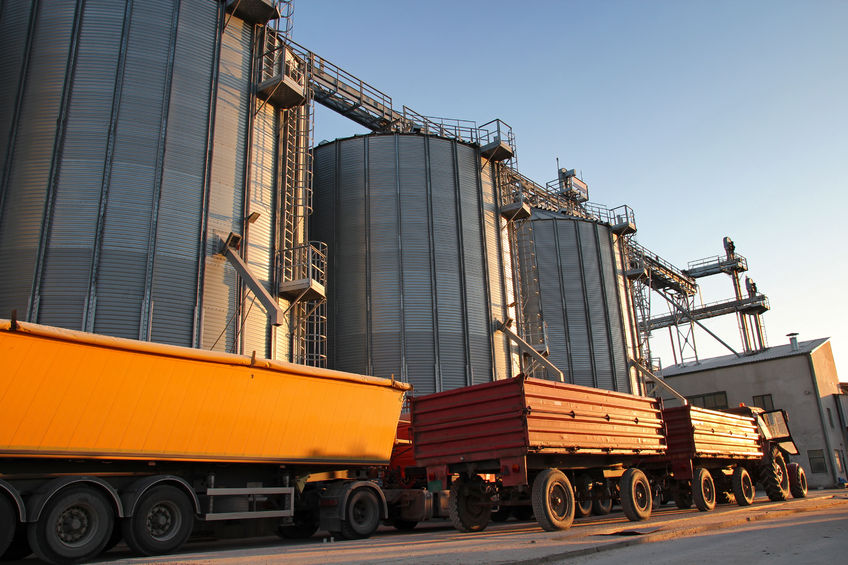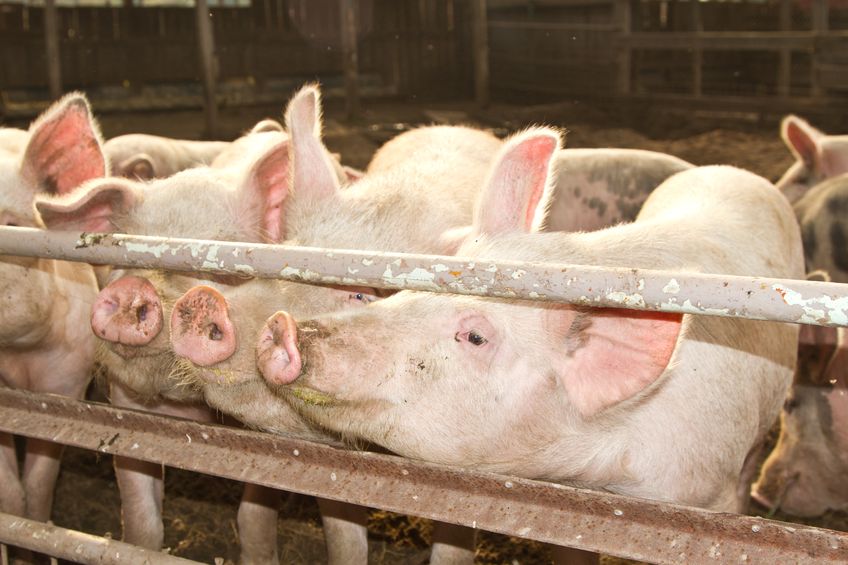
The UK does not have a 'blank sheet of paper' to redesign its farm trade and support policies after leaving the EU, the Agriculture and Horticulture Development Board (AHDB) have said.
Regardless of which trade agreement arises between the EU and the UK, it will need to abide by World Trade Organisation (WTO) rules.
The group have explored the relevant issues in a new 'Horizon report', released at their Meat Export Conference 2017 this week.
The WTO exists primarily to liberalise world trade, and provides a framework of rules to achieve this.
Negotiated and signed by the bulk of the world’s trading nations, the main purpose of these agreements is to help trade flow as freely as possible.
'Far reaching'
AHDB head of strategic insight David Swales said these rules are 'far reaching' and have implications not only for UK trade but also for UK policy and policy for the devolved nations.
He said: “Brexit means the UK will need to notify the WTO of its intended schedule of tariffs and levels of support.
“An open question remains on whether the UK will inherit the current level of tariffs and support from the EU, or whether it intends to produce its own schedule.

“In addition, there are some Tariff Rate Quotas (TRQs) such as those for New Zealand Lamb that have been agreed at WTO level.
“The question on how these will be divided between the EU and the UK is also as yet unanswered.”
Bolster confidence
The International Trade Committee has previously said the government must act quickly to bolster confidence and put the UK in the best position to forge new trading relationships after 2019.
Committee Chair Angus MacNeil commented: “The Government is about to embark on a process that will transform our trading relationships in Europe and across the globe.
“They must set out their vision for UK trade after Brexit—and provide reassurance that contingency plans will be in place for the eventuality that we don't get an agreement with the EU.
“We are entering uncharted waters. The trading relationship we have had with Europe for almost 50 years will be transformed.
“World trade is often in a state of change, for example from 1948 to 1973 UK-Commonwealth trade fell from 38% to 18% of both parties' total trade; that trading network was in decline long before the UK joined the EU”
Animal welfare standards
AHDB's David Swales said it has also been suggested that animal welfare standards could be used to prevent imports from countries with lower standards than the UK.
A great concern among farmers is the prospect of new trade deals that would expose UK consumers and producers to cheaper imports from the likes of the US, Canada and Brazil, where health and welfare standards are often considerably lower than the UK's.
He continued: “However, WTO rules mean that this is highly likely to be challenged by other member states, and needs to be based on a sound scientific or legal basis if UK standards are to be set higher than the prevailing international standards.
“In terms of policy support, the type of policy the UK can adopt post – Brexit is also constrained by WTO rules, with trade distorting subsidies being limited and reduced over time.
“Whilst the overall level of support is more likely to be impacted by the UK governments spending priorities, the structure of agricultural policy will have to adhere to WTO rules.”
